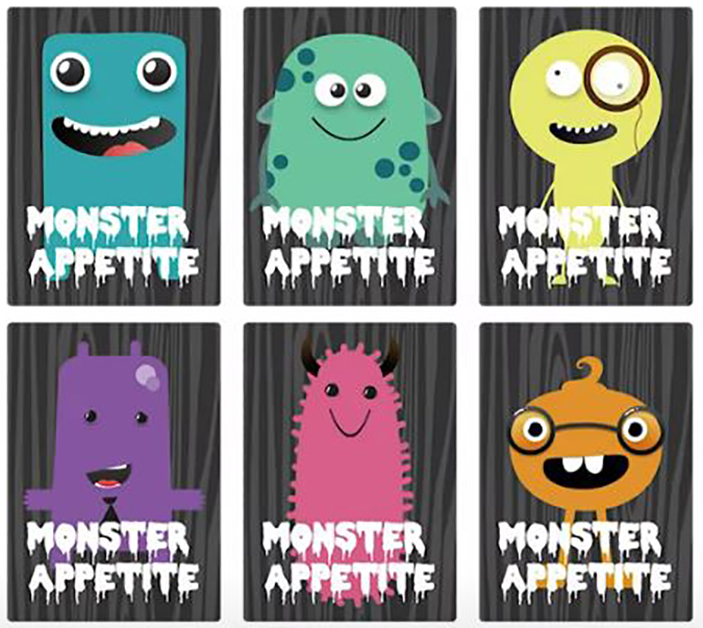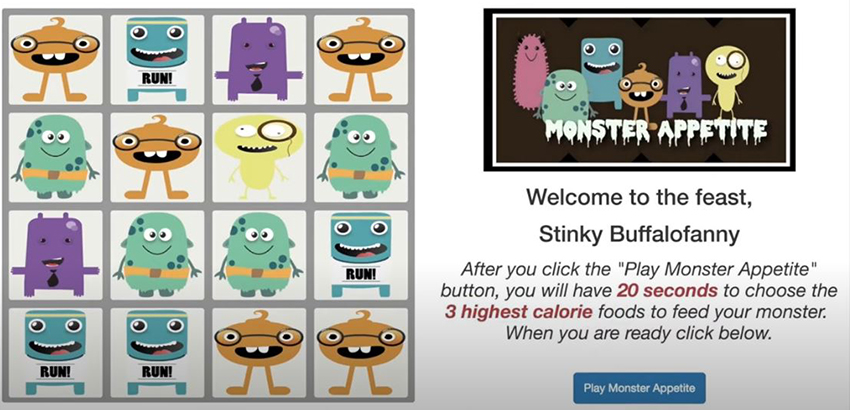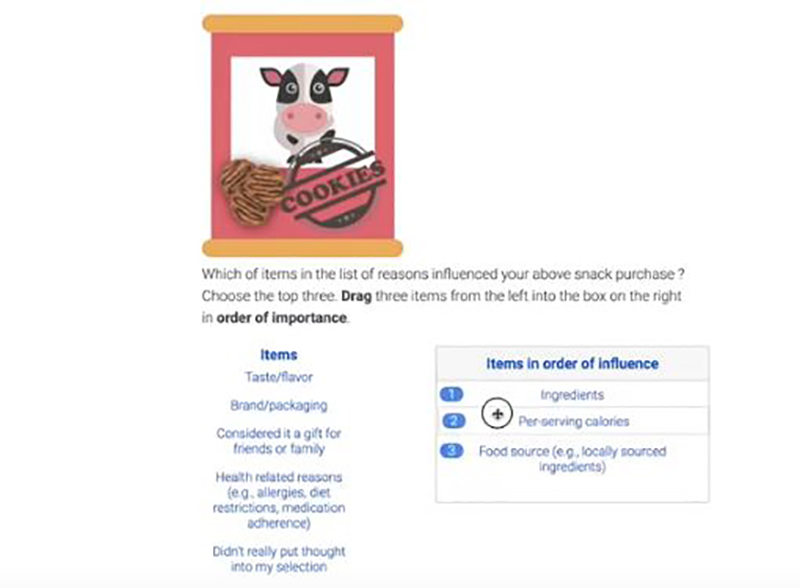More
Purpose/Impact
This project addresses inequality in access to health information with a gaming experience that engages users and a community approach to increase user retention. Although nutritional knowledge can help people prevent obesity, diabetes, and other chronic conditions in themselves, communities most at risk for these conditions often have limited access to nutritional guidance and expertise. Learning to maintain health and wellness is a challenge that began before and will exist beyond the COVID-19 crisis, and is key to tackling chronic public health issues. Hwang’s research team proposes to democratize health information through playful interfaces and the encouragement of others within the health-conscious community.




Outcomes/Accomplishments
The research team deployed the Meals for Monsters app as part of its study and conducted additional interviews in the fact-finding phase. Findings suggested how lightweight tools (that is, apps that are not memory-intensive) could leverage gamification and social mechanisms to facilitate both nutritional engagement and reflection on one’s health in enjoyable ways. To meet these goals, the team is exploring new approaches to social computing that blend together the intrinsic motivations of games with the benefits of crowdsourcing and online learning. Specifically, they are developing new crowdsourced, learner-centered games that aid users in developing food evaluation skills by assessing nutritional content through the crowd’s meals and receiving the crowd’s feedback, while also encouraging long-term engagement through simple reward structures and gamification mechanisms. This research also aims to accomplish the following:
- Create a new model for aggregating and presenting crowdsourced intelligence in the nutrition context by embedding a community board inside a game environment that hosts “in-the-wild” meal photographs that are evaluated by peers as to whether they meet the player’s nutritional goals.
- Leverage user data to create a well-annotated set of meal photographs and nutritional information that can fuel research on computer vision techniques for assessing the nutritional content of food photos.
- Identify ways in which this crowdsourced community board can be effectively used as a learning tool for populations with low nutritional literacy.
STATUS UPDATE
Assistant professor Hwang and her team plan to make this application open-source and will disseminate their research to local medical communities and diabetes centers. Additionally, a number of undergraduates are participating in the research and learning how to code, conduct empirical research studies, and write scientific articles for publication, providing STEM-based computer science research opportunities to non-STEM majors at FIT.



